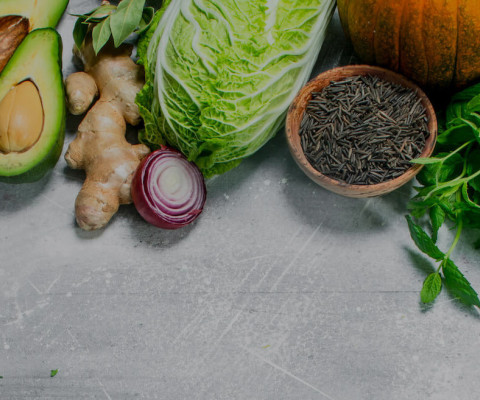Partner with Purpose
Join a national movement to make healthy eating easy, accessible, and evidence-based.
No Money No Time is a not-for-profit social movement dedicated to making healthy eating accessible for all Australians, regardless of income, background, or time constraints. We provide free, evidence-based tools that empower individuals to take control of their health, prevent chronic disease, and build lifelong nutrition habits. But we can’t do it alone. Our current funding ends in December 2025, and without new partners, this vital work is at risk. By sponsoring us, you’re not just supporting a program, you’re investing in a healthier, more equitable future for communities across Australia. Together, we can keep this movement alive and thriving.
Why partner with us?
- Trusted by universities, health professionals, and government bodies
- 2M+ website sessions, 250K+ active users
- Evidence-based tools with national reach
Ways we can work together
- Sponsored Campaigns: Email and podcast sponsorships
- Branded Content: Co-branded articles, recipes, and social media
- Website Placements: High-traffic homepage and quiz result pages
- Audience Targeting: Demographic, geographic, and health-risk segmentation
Sponsorship tiers that fit your goals!
- Tiered options from $2,000 to $10,000+
- Bespoke packages tailored to your brand and budget
- Platinum partnerships for full-channel integration
Our flagship Tools
- No Money No Time: Free, practical nutrition support for young Australians
- Healthy Eating Quiz+: Instant feedback and insights for individuals and organisations
- Australian Eating Survey: Research-grade dietary assessment for professionals
Make a donation today
With your support we can help change lives and provide a solution to this health and affordability crises.
Why Your Donation Matters
Your gift fuels life-changing programs that:
- Design interactive nutrition challenges that make learning about healthy eating fun, practical, and lasting,
- Support people living with or at risk of chronic diseases like diabetes, heart disease, and high blood pressure,
- Create culturally inclusive, budget-friendly resources that meet people where they are, no judgment, just support.
https://donate.newcastle.edu.a...
For all enquiries, email us at nmnt@newcastle.edu.au.
The Team
No Money No Time® has been developed by a multi-disciplinary team of Nutrition, Dietetic, IT and Computing researchers at the University of Newcastle and funded by nib Foundation’s Multi-Year Partnerships program*.

Laureate Professor Clare Collins is a Professor of Nutrition and Dietetics, and Director of Research in the School of Health Sciences at the University of Newcastle, and Director of Hunter Medical Research Institute, Food and Nutrition Program. Laureate Professor Collins has made major contributions to our knowledge on the impact of improving diet quality and food patterns on health and wellbeing outcomes.
She is also a well-known and highly sought after nutrition media commentator, with thousands of media interviews for radio, print, blogs and TV under her belt. She is a regular guest of Dr Karl on ABC, Triple J Science Hour and Shirtloads of Science. In 2018 she was a presenter for Catalyst and appeared on Ask The Doctor.
Professor Collins has authored books on nutrition for the public and is the most read author on The Conversation with over 70 articles and 8 million readers.
Ilyse Jones is the Business Development Manager for Nutrition and Dietetic Research at the University of Newcastle. With over 18 years of experience in tertiary education administration, she brings deep expertise in strategic planning, stakeholder engagement, and partnership development. Ilyse earned her Master of Business Administration in 2015 and currently leads program management for No Money No Time and our suite of flagship digital nutrition tools. She plays a pivotal role in building and nurturing collaborative relationships that drive the success and reach of our initiatives.

Roberta Asher completed a Bachelor of Nutrition and Dietetics in 2010 after a 10-year career as a chef. Roberta is an experienced clinical dietitian and is currently completing her PhD at the University of Newcastle, researching cooking and nutrition education for young adults with intellectual disability.
Program Partner
nib foundation is proud to be supporting the University of Newcastle’s online nutrition platforms sharing in our commitment to delivering innovative preventative health programs that make positive and lasting improvements on the physical, mental and social wellbeing of young Aussies.

Privacy
* Your privacy is very important to us. We will never share personal data provided by you to nib, nib foundation or any other company, organisation or individual without your permission. You can read our full privacy policy here.




